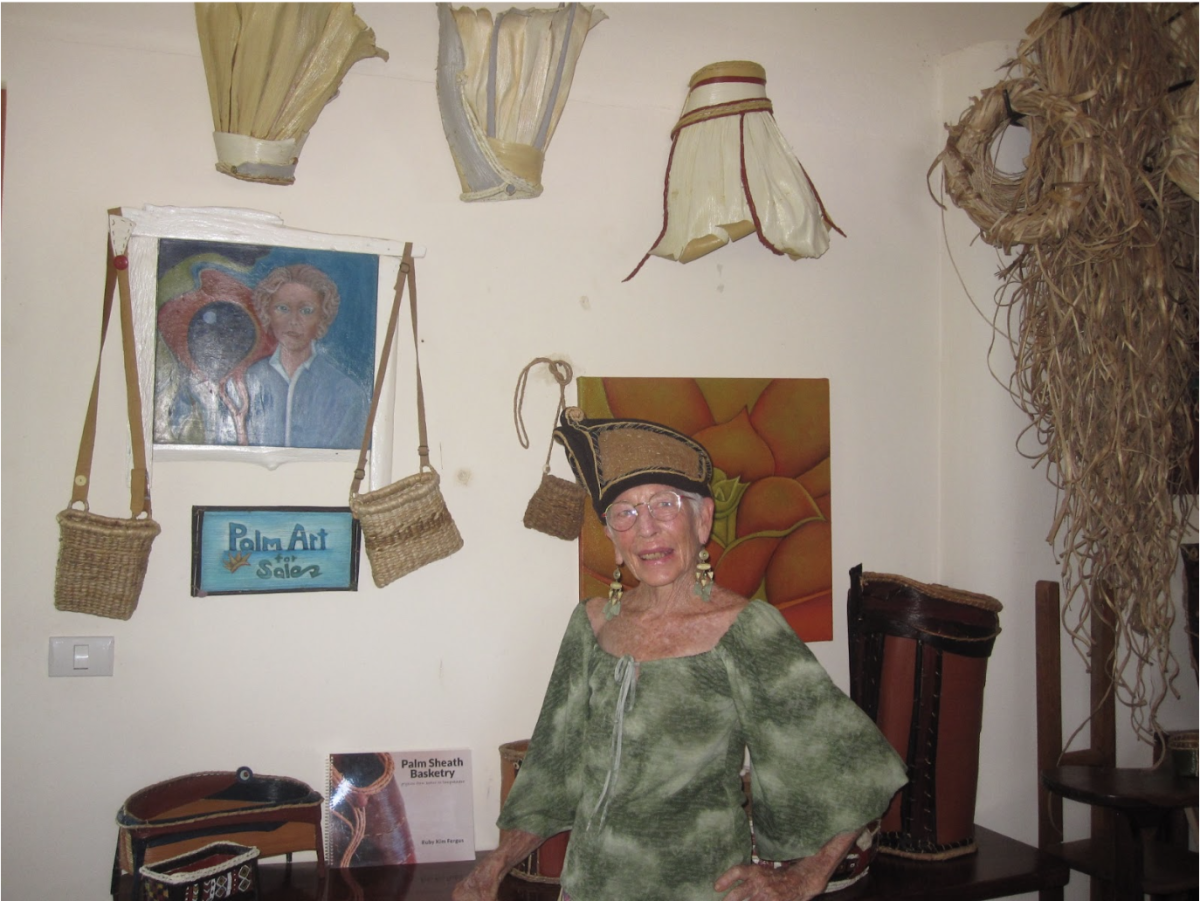
Sara Kloepfer
Managing Editor
There are four little words I used to hate — “Check out my blog.” Whether actually hearing them, reading them in a magazine or seeing them on someone’s Facebook page, I would mentally gag each and every time.
I thought blogs were a playground for vanity, an excuse for every Average Joe/Jane to go on about their likes, dislikes and daily existence as if anyone actually cared. (For anyone without an Internet connection, blogs are personal websites maintained by an individual with regular entries, usually in reverse-chronological order.)
This format makes blogs appear like online diaries, although they can provide commentary on any subject. A blogger typically combines text, images and links to other Web pages related to their topic. Yes, blogger is a job title. Blog is also a verb.
The ability of readers to leave comments is the interactive feature that sets blogs apart from most Web pages, transforming a singular statement sent out into the blogosphere — also a real word — into a dialogue. The public nature of blogs is also a defining characteristic. Bloggers compete for the highest number of followers, the most comments, the name-brand recognition.
It was this attitude of seeming self-promotion that turned me off blogs, along with my journalistic instinct to chastise anyone who thought she could post solely opinions with no supporting research and no fact-checking. Anyone who has read a political tirade, I mean blog, knows exactly what I am talking about.
The media consensus has a different take. In 2005, “Fortune” magazine listed eight bloggers that people “could not ignore”: Peter Rojas, Xeni Jardin, Ben Trott, Mena Trott, Jonathon Schwartz, Jason Goldman, Robert Scoble, and Jason Calacanis. These pioneers blogged about anything from technology to pop culture, apparently in a compelling enough way that provoked loyal fanbases.
Then in 2006, “Time” magazine named “you” as person of the year, running a mirrored computer screen on the cover. The blogger was put on a pedestal as the ultimate display of self-expression in the digital era.
It was only when I began to view blogs in this light that I began to restrain my mental gag reflex. I stumbled across a blog that I ended up liking, “The Sartorialist,” devoted to fashion and narrated by world traveler Scott Schuman. This was when I realized that self-expression is not synonymous with vanity.
If I can find a blog that is devoted to one of my interests — art, photography, fashion, music — then there is easily a whole community of readers finding inspiration in the same sources. I still stand by part of my initial assessment — editing gives much needed credibility and daily journals can grow tiresome. But overall I have come to respect the art of the blog, and have found that searching for the perfect blog is an art in itself.















